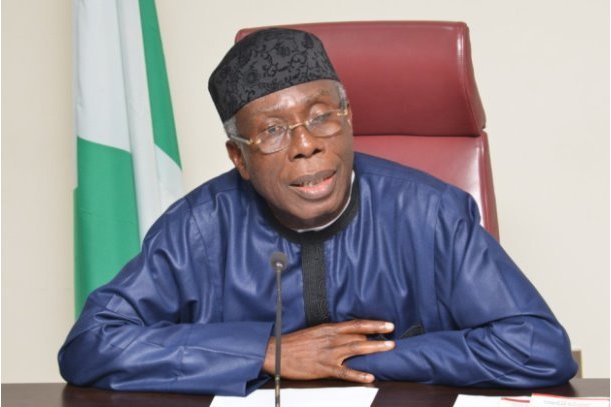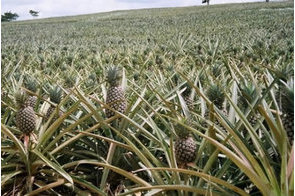Confab reviews Nigerian agriculture policy

Summary
The aim of the Abuja meeting is to develop a new policy to revamp the agriculture sector in Nigeria.
The Nigerian government, on Wednesday, convened representatives of the African Union Commission and agriculture experts from across Africa to a three-day consultation to develop an innovative National Agriculture Investment Plan (NAIP) that will provide a blueprint for revamping the agriculture sector in Africa’s largest economy.
The meeting, which is holding in Abuja, is organised by the AU Commission in collaboration with the New Partnership for Africa’s Development (NEPAD). The aim is to review plans for making crop, livestock and fisheries the centerpiece of Nigeria’s economic development agenda. The consultations will ensure that Nigeria’s NAIP is aligned with the demands of the AU’s 2014 Malabo Declaration, which aims to half poverty rates by 2025 through an agriculture-led economic growth.
“The NAIP remains a central tool for the Comprehensive Africa Agriculture Development Programme (CAADP) implementation as it translates the continental and country aspirations into an evidence based plan with clear targets, budgets and mutual accountability,” said Ernest Ruzindaza, Senior Advisor and CAADP Team Leader, African Union Commission.
The Alliance for a Green Revolution in Africa (AGRA) said this week’s meeting was initiated after the release of last month’s Nigeria Zero Hunger report, which calls for the utilization of modern and sustainable production methods for small-scale farmers and the expansion of market opportunities. The experts explained that NAIPs are important to realizing the goals of Africa’s Agenda 2063, a detailed 50-year framework for transforming African economies through inclusive growth and sustainable development.
“A bold, concise investment strategy that sets out government responsibilities and a clear timeline for delivering on them can unlock investments from other partners and generate the productive, prosperous agriculture sector Nigeria needs and deserves,” said Makinde Kehinde, Nigeria Country Lead for AGRA.
The reviewed NAIP will build on the government’s Agriculture and Food Security Strategy and its recently approved “Green Alternative” policy, both of which emphasize agricultural transformation as crucial to Nigeria’s economic diversification.
AGRA said recent decline in oil prices have re-enforced the need to diversify the economy and the government is looking to investments in agriculture to reduce food imports, create employment, improve livelihoods and generate foreign exchange.
“We see many opportunities in Nigeria to boost food production by introducing higher-yielding, climate smart crop varieties and improved fertilizers along with support for private sector marketing activities,” added Kehinde. “The Guinea Savannah and Sudan Savannah regions are particularly ripe for progress, as they offer both fertile agriculture lands and large populations that are skilled in farming and eager for new economic opportunities.”
Related
-
Borlaug-Adesina Fellowship Programme opens application process
The Borlaug-Adesina Fellowship Programme seeks to support a new generation of agricultural scientists and innovators across ...
-
ThriveAgric showcases social, food security impacts in new report
The company aims to provide $500 million in credit to 10 million smallholder farmers across Nigeria, Ghana, and Kenya by ...
-
‘Adapting Central Africa's agriculture to climate change costly’
Regarding the adaptation of agriculture to climate changes in the sub-region, experts specifically recommended to countries ...







